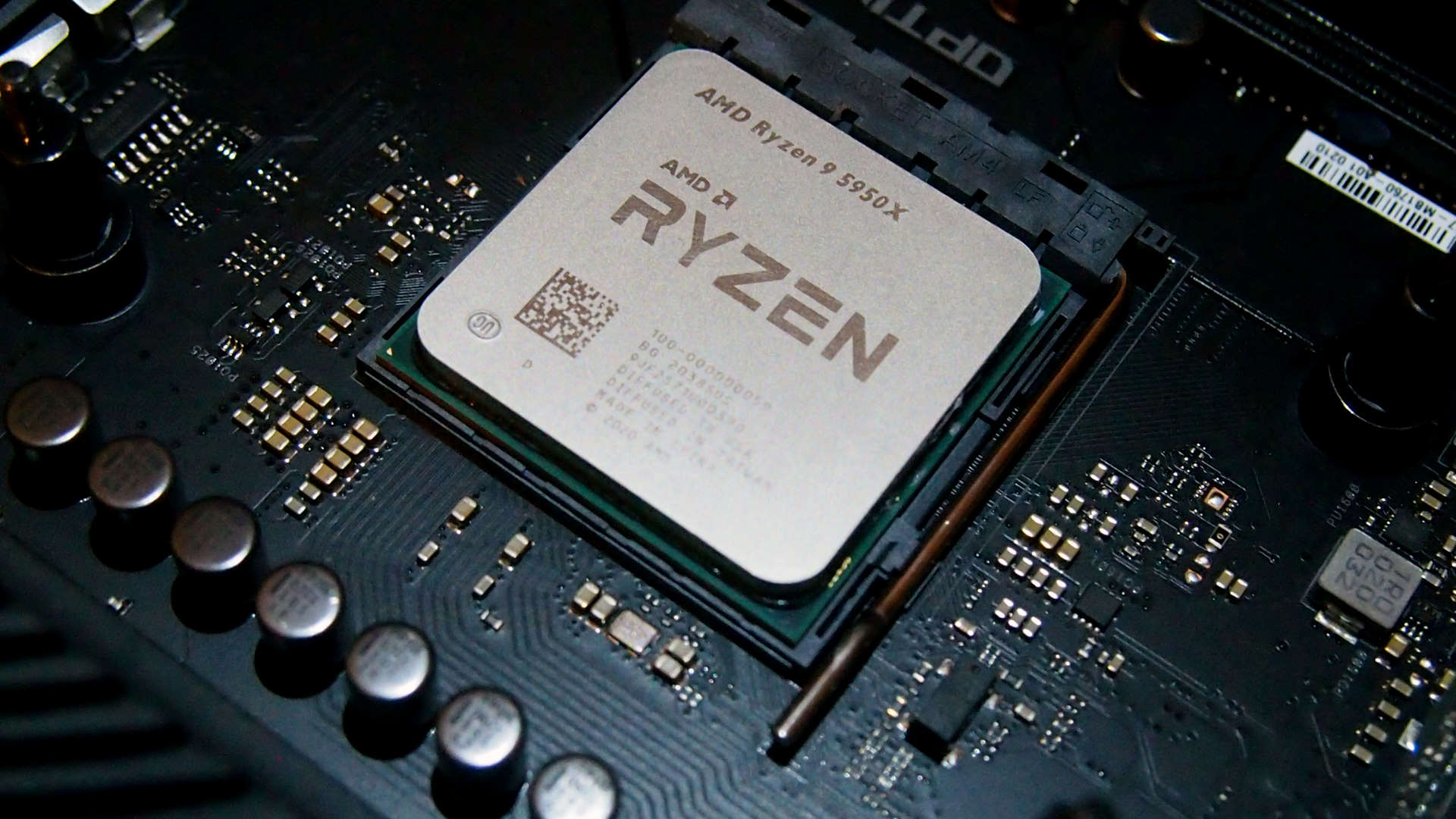AMD's supply issue is harming its best chance of gaining market share
If AMD could get more Zen 3 chips to market, it would surely be sticking it to Intel's outgoing 10th Gen. As of today, however, it's losing.

After the past couple of years, it may be tough to believe what I'm about to say, but here we go: Intel is currently beating AMD in CPU pricing and availability. The result of which, according to a report from Mercury Research, is that AMD is actually losing market share for the first time since 2017.
Off the back of its technical expertise with the Zen CPU architecture, AMD has been snapping up market share these past few years. Into the second half of 2020, according to Mercury Research (via Tom's Hardware), its desktop offerings accounted for 20.1 percent of the market. A significant increase from 9.9 percent back in 2016.
There have been similar gains for AMD in mobile processors and, to a lesser extent, in servers too. The latter is to be expected, however, as switching servers progresses much slower than with us fickle gaming lot on desktop.
But the latest numbers show that AMD's momentum has slowed a little over the course of the final three months of 2020. Its desktop processor share shrunk by 0.8 percent and its mobile share by 1.2 percent compared to the previous quarter.
We can speculate on reasons why, but as Tom's Hardware rightly points out, it's not for a lack of x86 processor sales. In fact, business is booming, and AMD should be crushing it with its most impressive CPU architecture to date.
Mercury Research reports that the x86 market processor grew at 20.1 percent for the quarter. Paired with AMD's strong growth from recent earnings reports, it's understandably not as much a question of demand as it is of supply.

Best CPU for gaming: the top chips from Intel and AMD
Best graphics card: your perfect pixel-pusher awaits
Best SSD for gaming: get into the game ahead of the rest
AMD's latest Zen 3 processors are tough to find in stock. From the 12-core AMD Ryzen 9 5900X to the six-core AMD Ryzen 5 5600X, you'll find few readily available for purchase. Moreover, many of Intel's comparable 10th Gen processors are available to purchase. Some even at less than asking price—a phenomenon usually reserved for AMD's chips.
The biggest gaming news, reviews and hardware deals
Keep up to date with the most important stories and the best deals, as picked by the PC Gamer team.
For example, Intel's Core i7 10700 is available to purchase for $294.99 over at Best Buy. That's an eight-core / 16-thread processor. Meanwhile, AMD's six-core Ryzen 5 5600X would be priced at $299 but is unfortunately sold out.
The core counts and clock speeds don't paint the perfect picture of performance, the Ryzen 5 5600X will more than hold its own in gaming thanks to AMD's significant improvements to the Zen architecture. Yet when one is available right now and competitive, it's easy to see why many would rather pick up the Intel chip today rather than waiting indefinitely for a restock.
Intel also holds historic sway with system builders, those which tend to be better supplied with PC components right now than the DIY market.

The demand is there for AMD's processors, clearly, while it might not be such as great for Intel's 10th Gen considering they're reaching a generational upgrade in Intel Rocket Lake. As such, we don't expect Intel's positive market share to last for long once AMD can begin to get stock back on the shelf.
It's more than likely that this shifting of the x86 market is a temporary symptom of a much larger issue in the chipmaking industry today.
AMD has said it expects supply to remain tight for all of its latest products until the second half of 2021.
It's not only AMD that is struggling to produce the silicon that we crave for our gaming PCs. Nvidia, too, is facing high demand that it expects it'll only begin satiating come May, at the earliest. Intel is in charge of its own manufacturing, which has been both a blessing and a curse for the company over its long history, but perhaps is helping it out to some degree in today's constrained market.
That would be an odd turn of events for Intel, too, as it wasn't that long ago that it had to admit its own supply woes were causing chip shortages.
But there's still something to be said for Intel's mid-range chips for gaming beyond macro market trends. They offer great gaming performance and they're often found cheaper than AMD's Ryzen alternative. So while Intel is behind when it comes to features and process, to your average consumer, that might not mean all that much.

Jacob earned his first byline writing for his own tech blog. From there, he graduated to professionally breaking things as hardware writer at PCGamesN, and would go on to run the team as hardware editor. He joined PC Gamer's top staff as senior hardware editor before becoming managing editor of the hardware team, and you'll now find him reporting on the latest developments in the technology and gaming industries and testing the newest PC components.

